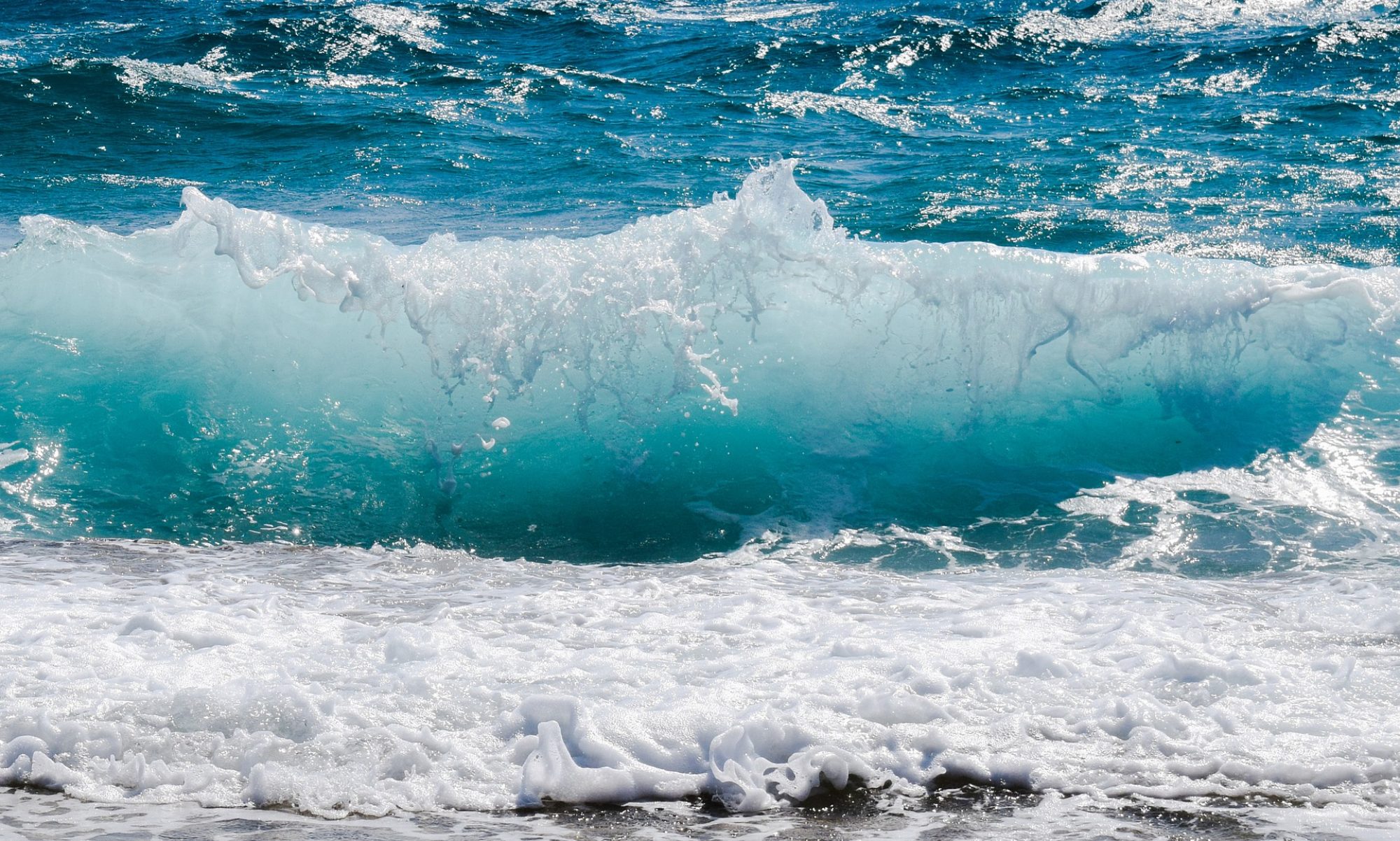One of the most important resources in our lives is the water due to the fact that it is a non-renewable source so we must protect it. Nevertheless, nowadays the economic interests are more important than environmental interests. This is one of the reasons why this resource is so affected by the overuse and the pollution. The pulling out of oil and gas is one of the causes why water is used in an excessive and wrong way. One of the techniques of extraction that requires a lot of water is called fracking.
Our environmental problematic
The fracking technique is used for the extraction of petroleum and gas. The big problem is that it generates a very big environmental impact that is very risky since it can generate earthquakes, greenhouse effect and especially it pollutes not only the water used for the extraction but also the near aquifers. The pollution is produced by the use of chemicals on the water, that after it is used to extract petroleum and gas it cannot be used for consumption. The water that cannot be used again is stored in pools in the open that are not isolated, therefore they pollute the near rivers.
The document below is our investigation on the topic, quoting the specialists Germán Hazana and Víctor Bravo.
How can we solve it?
We imagined a solution to mitigate the environmental impact that fracking causes and we created a prototype. Our project is called “La huella ecológica del Fracking: ¿Cuánto sufre el agua con esta técnica?” We thought about how to reduce the use of petrol and in this way reducing the practice of fracking, given the fact that this technique needs the compulsory use of water and the contamination with chemicals is inevitable. Therefore we have to go even further and reduce the use of petrol and replace it for renewable energies.
Our solution idea – Wireless Streets
Our first idea was to create streets with solar panels on them. In this way, the energy created by the solar panel would charge the electric cars through electromagnetic induction. However, this would be very expensive.
So, instead of streets full of solar panels, we decided to create special sections for electric cars. People would be able to park them in those special places and charge them with the energy from the solar panels that are in that sector. The whole system would be the same, each car will have a sim card that stores the information of how much energy used the car to charge.
This chip is connected to the driver’s cell phone through Bluetooth. If the cell phone is not connected to the chip’s Bluetooth, the system will stock up in a memory how much energy the car has utilized and afterward when the cell phone is connected, the corresponding data will be passed. Through the App SOLAR FUEL, the chip’s information will be upload to the App, and from it to the cloud. At the end of the month, the money is collected by the credit card that was added to the App. The solar panels will be placed in high zones for the sunlight to reach more time during the day. This zones can be placed in gas stations, shopping malls or in parking lots, so for the time that you have to wait the car charges. The solar panels feed the wireless chargers and the wireless charger charges the car.
